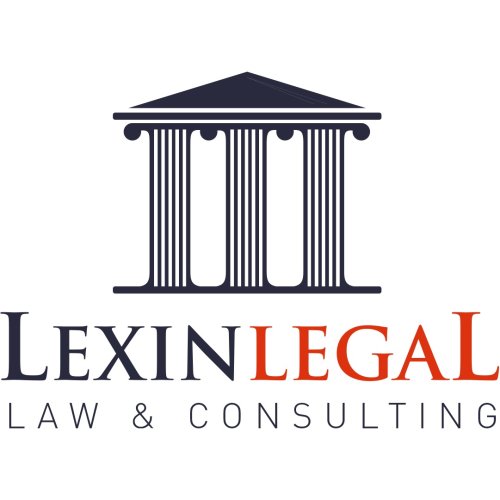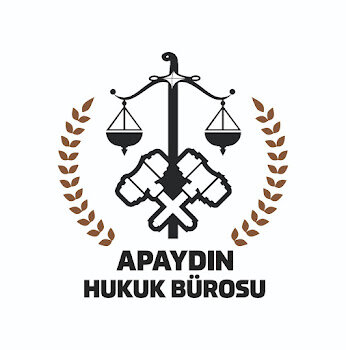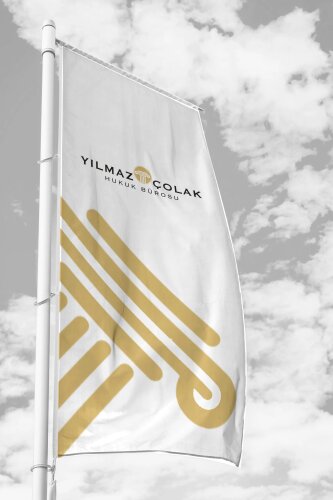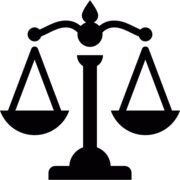Best Nursing Home Abuse Lawyers in Istanbul
Share your needs with us, get contacted by law firms.
Free. Takes 2 min.
List of the best lawyers in Istanbul, Turkey
About Nursing Home Abuse Law in Istanbul, Turkey:
While the elder care laws and policies in Turkey provide basic protection rights to elderly citizens, there are particularities related to nursing home abuse law. Nursing home abuse in Istanbul is considered a serious crime under provisions of the Turkish Penal Code (TPC). This abuse can take various forms including physical abuse, psychological degradation, sexual abuse, neglect, and financial exploitation.
Why You May Need a Lawyer:
Securing legal representation is often crucial when dealing with nursing home abuse issues. Lawyers specializing in this field can help victims or their families comprehend the complex health and social laws, gather evidence, file complaints, and litigate effectively in court. If you suspect that your loved one is a victim of nursing home abuse, a lawyer can guide you through collecting the evidence and taking the necessary legal steps to ensure justice is served.
Local Laws Overview:
The Turkish Penal Code (TPC) clearly defines crimes against individuals, including elderly citizens. Any kind of assault, battery, or violation of an individual’s personal rights is punishable by law. TETİD (The Elderly Care Institutions Association) oversees the regular monitoring and inspection of nursing homes in Istanbul. Additionally, cases of financial exploitation are handled under the Turkish Civil Code.
Frequently Asked Questions:
1. What constitutes abuse in a nursing home?
Abuse in a nursing home can be physical (like hitting or inappropriate restraint), emotional (yelling, humiliation), sexual, or financial (misusing the elderly person’s resources), or neglect (failing to meet basic needs).
2. What do I do if I suspect my loved one is being abused?
Report your suspicions to the nursing home administration. If there is no resolution or if the abuse continues, seek legal advice immediately to determine next steps.
3. How can a lawyer assist in cases of nursing home abuse?
Lawyers can guide you through the process of legally documenting and reporting the abuse, complemented by gathering evidence. If necessary, they can also represent your loved one in court to seek redress.
4. Can I sue a nursing home for abuse?
Yes, a nursing home can be sued for negligence, abuse, or any harm caused to the residents of the nursing home.
5. What are the common signs of nursing home abuse?
Common signs include sudden changes in behavior or mood, unexplained injuries, neglect of personal hygiene, unexpected loss of weight, unknown transactions, or sudden changes in financial situation.
Additional Resources:
The Elderly Care Institutions Association (TETİD), Ministry of Family and Social Policies, and Istanbul Public Health Directorate are entities involved in elderly care. They offer resources and assistance to address issues related to nursing home abuse. You may also visit local non-profit organizations focusing on elder rights for support and advice.
Next Steps:
If you suspect nursing home abuse, gather as much evidence as possible, such as photographs, witnesses, and documents. Report the situation to the appropriate nursing home authorities and contact a lawyer specializing in nursing home abuse. Make sure to take immediate actions to prevent further harm to your loved one.
Lawzana helps you find the best lawyers and law firms in Istanbul through a curated and pre-screened list of qualified legal professionals. Our platform offers rankings and detailed profiles of attorneys and law firms, allowing you to compare based on practice areas, including Nursing Home Abuse, experience, and client feedback.
Each profile includes a description of the firm's areas of practice, client reviews, team members and partners, year of establishment, spoken languages, office locations, contact information, social media presence, and any published articles or resources. Most firms on our platform speak English and are experienced in both local and international legal matters.
Get a quote from top-rated law firms in Istanbul, Turkey — quickly, securely, and without unnecessary hassle.
Disclaimer:
The information provided on this page is for general informational purposes only and does not constitute legal advice. While we strive to ensure the accuracy and relevance of the content, legal information may change over time, and interpretations of the law can vary. You should always consult with a qualified legal professional for advice specific to your situation.
We disclaim all liability for actions taken or not taken based on the content of this page. If you believe any information is incorrect or outdated, please contact us, and we will review and update it where appropriate.
















